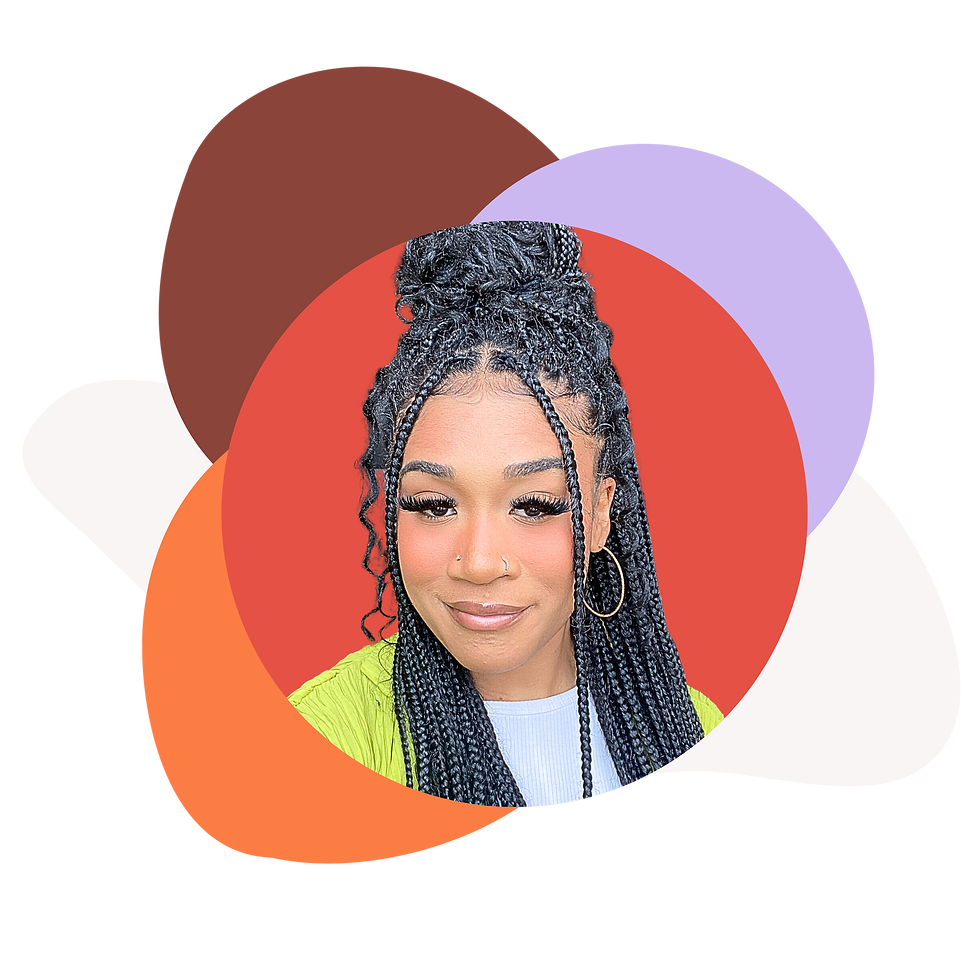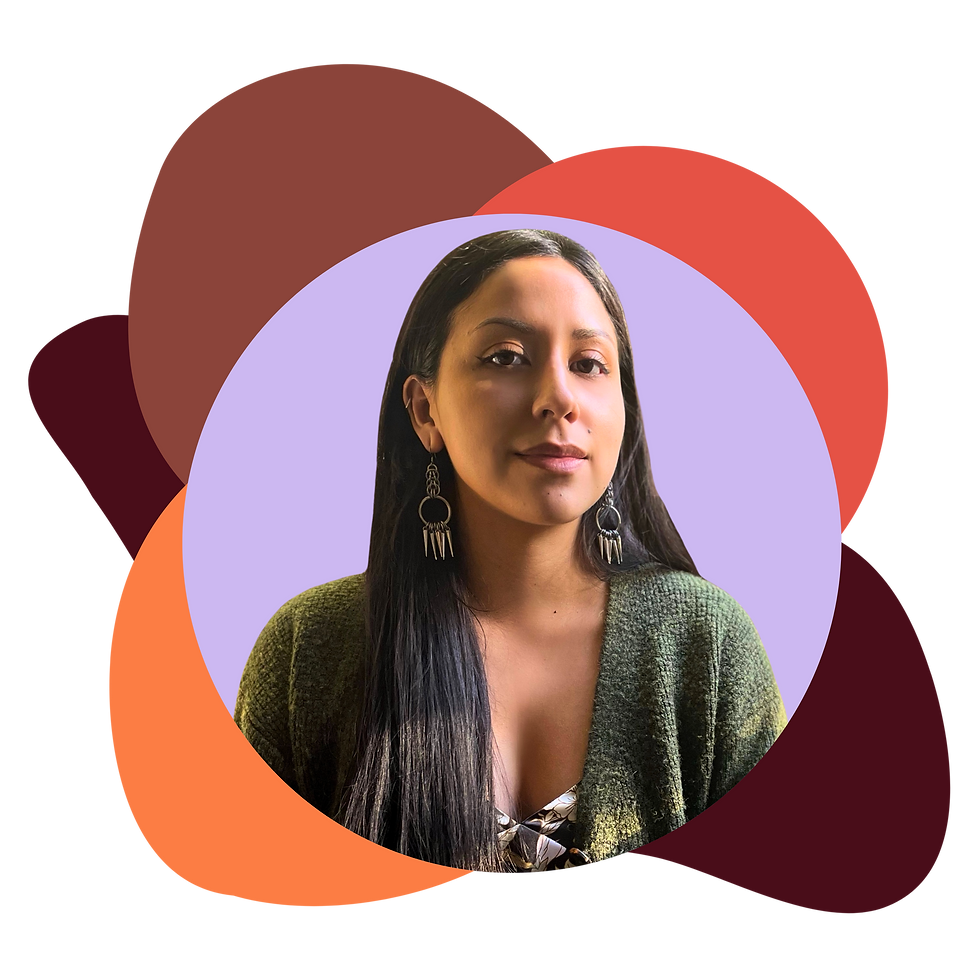I make art to show my soul that I am listening.
- unknown

Diaspora Therapy Group is dedicated to creating a culturally attuned, trauma-informed therapeutic space that acknowledges and addresses the specific challenges faced by BIPOC and QTPOC creatives. We understand that for many artists, musicians, actors, and other creatives, the pressures of identity, discrimination, and financial instability are more than surface-level stressors—they are deeply intertwined with personal history, cultural heritage, and systemic inequalities. Our approach is rooted in cultural humility and seeks to create a sanctuary where clients feel seen, valued, and understood.
For BIPOC and QTPOC creatives, the struggle to maintain authenticity while navigating societal expectations can be overwhelming. Often, the industry demands that creatives present themselves in ways that conform to stereotypes or align with palatable versions of their culture, causing internal conflicts and limiting their artistic freedom. We work collaboratively with clients to unpack these challenges, encouraging them to embrace their unique voices and artistic visions. Our therapists help clients build confidence, reclaim ownership of their narratives, and find empowerment in sharing their stories authentically, both personally and professionally.
The following clinicians specialize in this topic:
**Therapist will vary on each page depending on their specialities
Our trauma-informed approach recognizes that experiences of discrimination and microaggressions in creative spaces have a cumulative emotional impact, contributing to burnout, isolation, and self-doubt. Our therapists provide a compassionate, validating environment where clients can process these experiences and explore their emotional responses. We emphasize resilience-building strategies that allow clients to confront the psychological toll of discrimination and foster a sense of solidarity. By connecting clients with their strengths and affirming their identities, we aim to support their journey toward healing and self-empowerment.
Additionally, we understand that financial instability can pose significant barriers for creatives, especially those who are first-generation or have family members depending on their support. Our therapists help clients manage the stress associated with these financial pressures, exploring ways to balance career aspirations with the practical realities of economic security. Through personalized guidance, we support clients in defining success on their terms, setting boundaries, and prioritizing self-care, so they can thrive both in their creative pursuits and in their personal lives.
At Diaspora Therapy Group, our goal is to empower BIPOC and QTPOC creatives to find fulfillment, resilience, and authenticity. We are here to support them in navigating a world that often fails to see their full humanity, offering a therapeutic partnership that respects their unique journeys and honors their contributions to the world.
Our clinicians offer a space to explore a variety of topics including but not limited to:
Pressure to Conform to Stereotypes and Cultural Expectations
BIPOC and QTPOC creatives often encounter pressure to conform to stereotypical portrayals of their cultures, identities, or communities. This can stifle creative freedom and lead to feelings of alienation, as they may feel forced to compromise their authentic voices for acceptance or marketability. At Diaspora Therapy Group, we offer a culturally affirming space where clients can explore and embrace their unique creative expressions. Our therapists work with clients to unpack these pressures, build confidence in their work, and create a sense of agency in how they represent themselves and their communities.
Navigating Identity-Based Discrimination & Microaggressions
The creative industry can be fraught with identity-based discrimination, whether through exclusion, tokenism, or microaggressions. These experiences can lead to burnout, anxiety, and feelings of isolation, especially for first-generation or immigrant creatives trying to establish themselves. Our therapists provide trauma-informed care that acknowledges the impact of these experiences, helping clients process the emotional toll and develop strategies to maintain resilience. We work to empower clients by fostering a sense of community and supporting them in building networks that affirm their identities.
Building Resilience & Community
For many BIPOC and QTPOC creatives, financial instability and the pressure to achieve success not only affect mental health but can also heighten feelings of guilt when family members rely on them financially. This is especially true for first-generation individuals who may carry the expectations of their families while pursuing non-traditional paths. Diaspora Therapy Group offers a compassionate space to explore these pressures and redefine what success means on an individual level. Our therapists help clients develop coping strategies for managing stress and setting boundaries, allowing them to pursue their passions while maintaining mental well-being.



